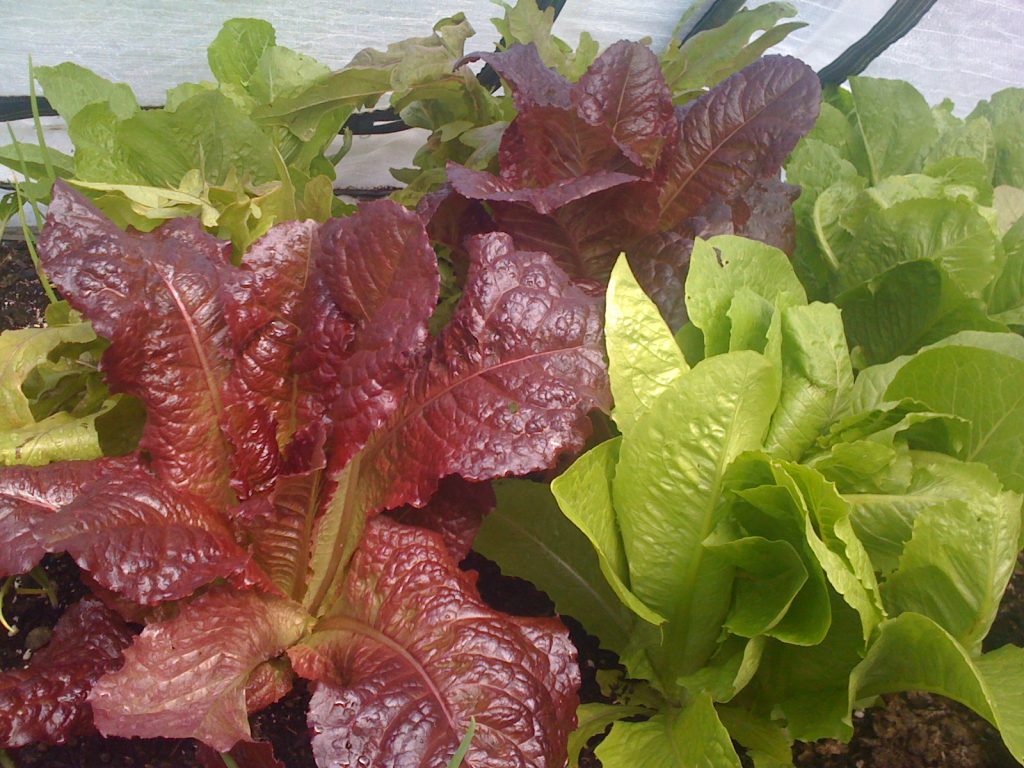Inspired by Ross Gay’s “The Book of Delights,” this is another essay about finding delight in complexity.
Earlier today I was in the garden between downpours, intending to review the work my wife and I had done over the weekend and decide what needed attention next. We are both working from home these days and need to take frequent breaks, which usually means a walk in the garden. I was not thinking about “delight in complexity.”

Three things happened nearly simultaneously. I realized that rabbits had nipped every leaf from the snow pea starts I had planted Sunday (having started them from seed a month ago) and grazed to the ground all the little lettuce starts I bought from the Farmers’ Market. As disappointment was sinking in and I wondered why other new growth nearby was untouched, I heard a cluster of cyclists rounding the corner into the downhill stretch on our road. One of them shouted to others, “Eagle, up and to the right!” My brain adjusted this command relative to my position in the garden above the road, and I turned and looked up in time to see a bald eagle spiraling against a blue sky.
It’s fairly common to see bald eagles around the water in Olympia. I was not surprised to see one this morning, but I was delighted to have intersected with the cyclists at precisely the right moment. Lacking their perspective in that moment, I would have remained focused on ravaging rabbits and missed the grand sight above me. But then the rabbit and the eagle came together in my mind in a causal loop (yes, I often think in loops) as I longed for my own personal garden guardian that would swoop silently into my neighborhood whenever there were bunnies about. This loop is the classical predator – prey population fluctuation loop. As soon as this loop arrived in my consciousness, it occurred to me that we also have foxes in this neighborhood. If we have so many bunnies, why isn’t the fox population thriving? What kind of habitat do I need to create to entice a fox to take up residence next to the lettuce and peas?
Thinking in loops is a key skill in the large capacity of systems thinking (or relational thinking). We ask, how are these different things related? What happens if one thing increases or decreases over time? Systems thinking, in turn, is part of an assemblage of capacities that allows leaders to take wise action.
